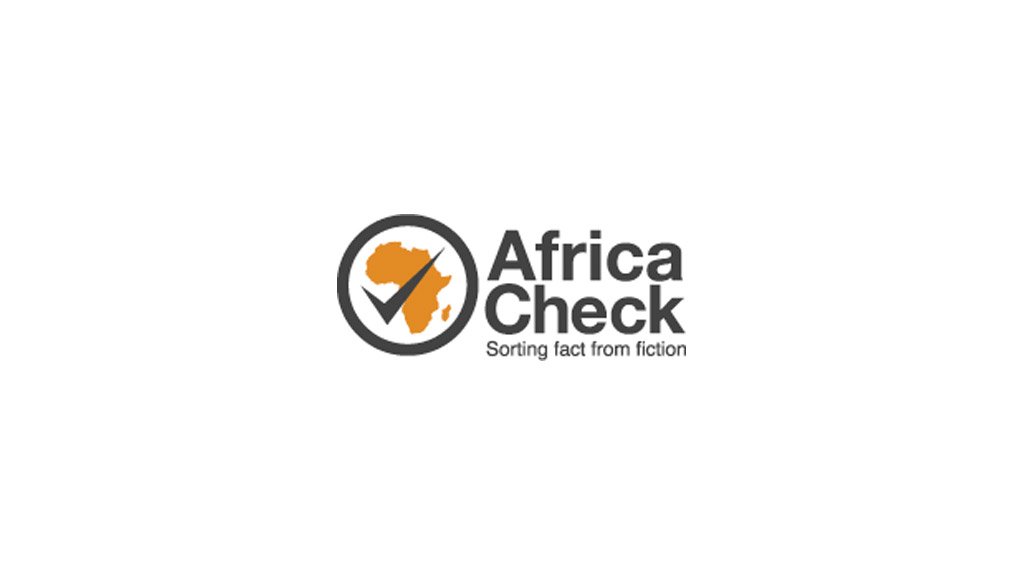On 24 June 2024, US president Joe Biden formally designated Kenya a “major” ally in defence and security, a status almost identical to that enjoyed by members of the North Atlantic Treaty Organization.
This was one of the promises Biden made to Ruto during his historic if controversial state visit to the US in May 2024.
The US is also footing part of the bill for a peacekeeping mission in Haiti, of which the first batch of Kenyan police landed in Port-au-Prince on 25 June. The deployment of Kenyan security forces has however come under intense scrutiny for their violent handling of domestic protesters.
During his trip, Ruto pitched for cheap loans, discussed the country’s jobs crisis with former US president Barack Obama and urged US investors to set up shop in Kenya.
Ruto spoke to Kenyans living in the US and continued his call for clean energy at a climate solutions conference.
We used an artificial intelligence tool to monitor his public appearances for important claims. The tool identified claims that we checked for accuracy.
At a news conference at the White House, Ruto defended his decision to send 1 000 Kenyan police to stabilise Haiti.
“Kenya has been participating in peacekeeping over the last 40 years in 47 countries including in very difficult neighbourhoods,” he claimed.
The Kenyan military records that its peace operations began in 1979 – 45 years ago. But the military also noted that it formally began peacekeeping with the United Nations in 1988.
The record also shows that the country has carried out 42 missions in 29 countries and territories. Ruto’s count of 47 countries is way off.
The UN notes that it has carried out over 70 peacekeeping operations, with 11 active operations and 60 past operations. All these have involved 45 countries, including Western Sahara and Kosovo, whose status as “countries” is disputed. Therefore, Kenya could not have conducted peacekeeping under the UN in 47 countries. –Alphonce Shiundu.
Kenya is one of the five countries contributing troops to the African Union Transition Mission in Somalia (Atmis). The others are Burundi, Djibouti, Ethiopia and Uganda.
Ruto said Kenya had 5 000 troops in Somalia. But is this figure correct?
On 4 October 2023, Kenyan defence minister Aden Duale told the country’s senate that the country had “4 000 plus” troops in Somalia. He said the last Kenyan soldier would leave Somalia on 31 December 2024. Kenyan troops have been in Somalia since 2011.
We have tried to find publicly available figures for Kenyan troops in Somalia, working as part of Atmis and those reportedly deployed unilaterally by Kenya.
As of March 2024, Atmis reported that there were 13 586 troops from the five countries in Somalia.
Until we find publicly available data showing the number of foreign troops in Somalia by country, we rate the claim unproven. –Alphonce Shiundu.
Ruto said the increase in the number of households connected to electricity was due to a decade-long last mile electricity project.
Each year, the electricity utility Kenya Power releases the number of customers connected to the national grid.
As of 30 June 2013, the utility reported 2.3-million “customers”. This figure included at least two-million on the domestic tariff, which typically refers to households.
Each household usually has a billing meter, the unit by which Kenya Power identifies a customer. The rest of the customers were institutions and small and large businesses.
The claim is correct. We have previously tracked electricity connectivity in Kenya. –Grace Gichuhi.
Kenya Power’s latest report puts the total number of customers at 9.2-million, with 8.6-million being on the domestic tariff as of 30 June 2023.
Ruto's 10-million figure is 1.4-million customers off the mark. –Grace Gichuhi.
Ruto also spoke at a climate solutions event where he promoted his East African country as a leader in renewable energy.
Kenya's renewable energy comes from geothermal, hydro, solar and wind power.
As of 30 June 2023, Kenya Power estimated renewable energy generation at 92%. Furthermore, Kenya's energy regulator calculated that renewable energy generation was 85% in the six months prior to 31 December 2023.
The Kenya National Bureau of Statistics publishes annual data on energy sources. The most recent is the Economic Survey 2024, published in May.
“Renewable sources accounted for 89.6% of local electricity production in 2023,” the survey noted.
It added: “Geothermal generation remained the main source of electricity generation, contributing 48.2% of the total local electricity generated, followed by hydro generation at 21.3%, wind generation at 16.1 %” and solar at 3.9%.
Ruto’s claim is incorrect. In October 2023 we checked a similar claim, which put renewable generation at 93%, and found it to be incorrect. –Alphonce Shiundu.
This report was written by Africa Check., a non-partisan fact-checking organisation. View the original piece on their website.











